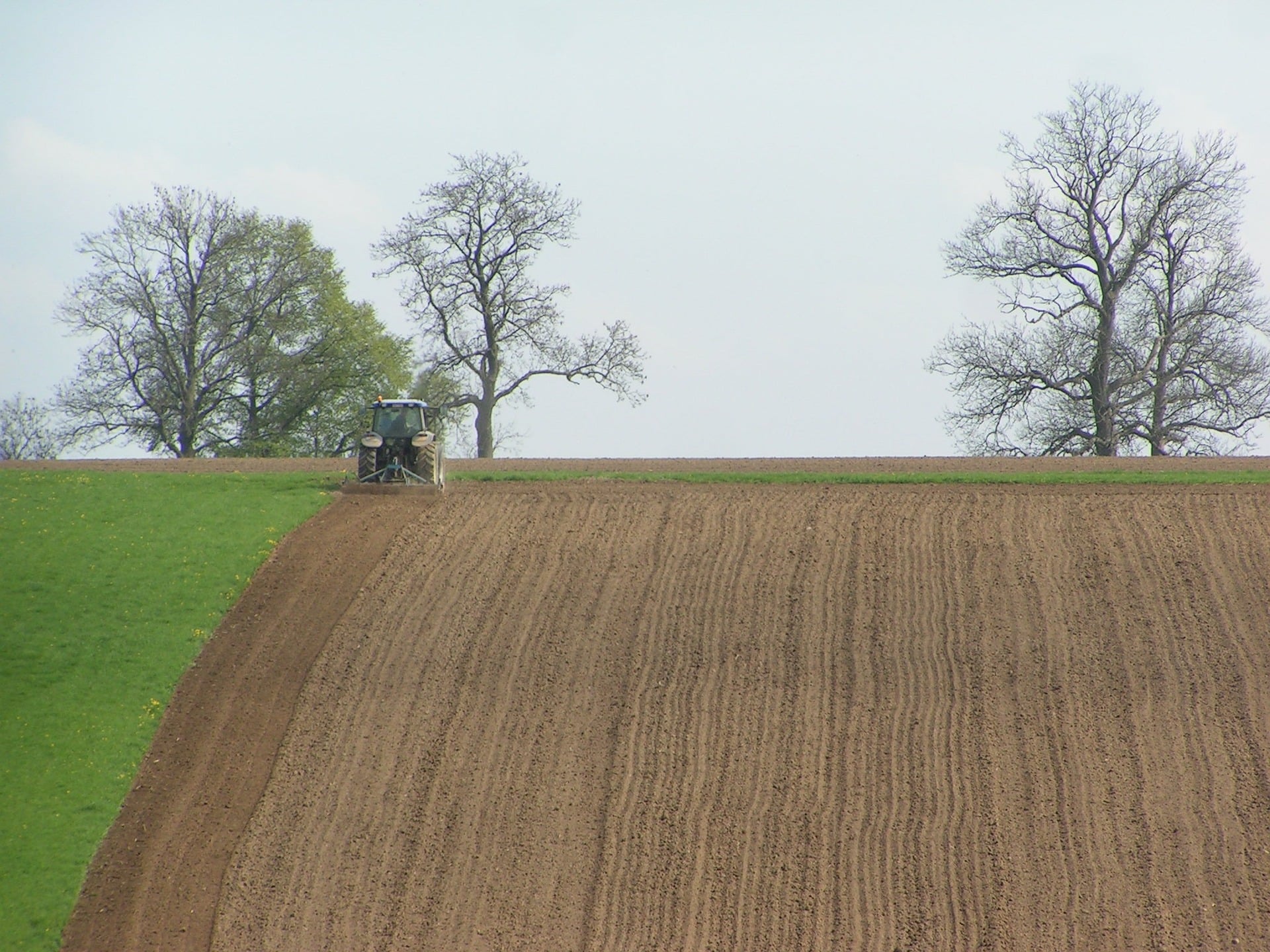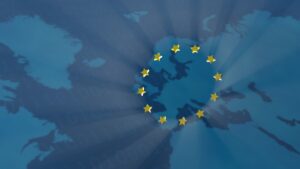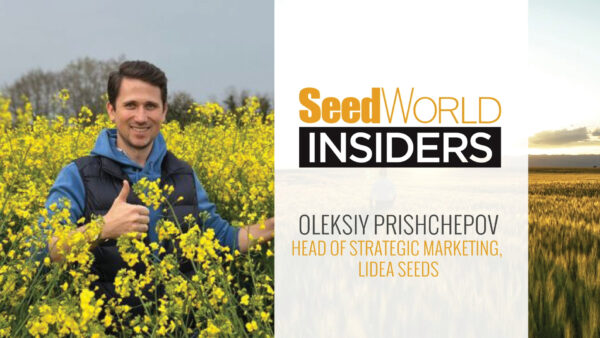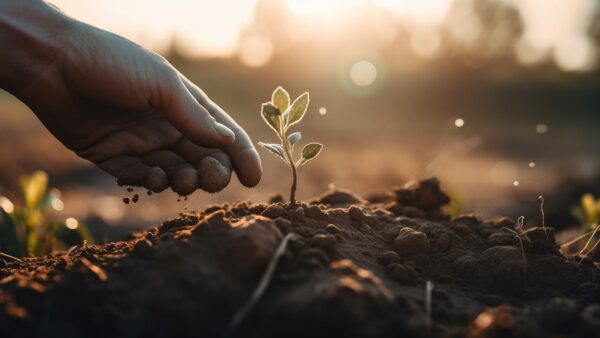In recent years, we have felt the impact of a rapidly changing global environment. Our security is under pressure due to the Russian invasion of Ukraine, the flaring conflict in the Middle East, the tense relationship with China, economic uncertainty due to high energy prices and inflation — with all its consequences for food security, and finally, pressure on our European competitiveness. Farmers feel the effects of this conflict and uncertainty.

On the one hand, Europe has acted decisively this mandate with an ambitious agenda. With the Green Deal, we want to anchor the transition to a competitive economy that contributes to climate neutrality. A wide range of legislation has been greenlighted this legislature to realise these ambitions. The next phase will be at least as important: namely implementation. And I believe this is precisely one of the sticking points. The cumulative effect of this legislation — think about the emission reduction targets but also the uncertainty around a European nature restoration law and the complex Flemish licensing issue because of the implementation of the Habitats Directive — creates uncertainty among farmers.
The European Parliament has consistently argued from the beginning of this mandate to legislate with farmers instead of overriding them, and to take a legislative break so that businesses can catch their breath to achieve all of Europe’s green, digital and industrial goals in the coming years. The European Commission is quietly starting to pick up this signal and wants to reduce reporting obligations by at least 25 per cent in the coming years and launch sectoral dialogues, including with agriculture. This is a first step in the right direction to better coordinate the legislative burden and give companies more investment and business security.
In Belgium and especially in Flanders, manure and nitrogen dominate the discussion on agriculture. As for the manure action plan, we saw a unique realisation by, for the first time, letting agricultural and environmental organisations work out an agreement among themselves. However, this agreement is now shakier than ever. For nitrogen, we ended up with an agreement that was very difficult to reach and will have to prove its efficacy in the future. In Europe, the negotiations on the Nature Restoration Act were extremely difficult but now a final agreement seems likely to be approved. The impact of this agreement on Flanders will have to be monitored very closely if we want to avoid a permit freeze.
The Belgian presidency coincides with the end of the mandate, providing an opportunity to take stock. We cannot help but notice that the agriculture part of the Green Deal was much more challenging than the climate part. The expansion of the emissions trading scheme (ETS), the introduction of a carbon border tax, and the creation of a social climate fund under the Fit-for-55 package came about smoothly. Much more difficult were the Nature Restoration Act and the Pesticide Regulation to roll out the farm-to-fork strategy. As far as I am concerned, the new genomic technology file will be a major priority for the Belgian presidency, provided the EU Council discussions on it do not completely bog down. In my view, this file offers an opportunity to reach more consensus after the difficult political debates we have seen so far. After all, biotech has the potential to be embraced as a full-fledged tool in agriculture, both on the farmer side and on the environmental side.
Looking even further ahead, the future review of the CAP in autumn 2024 will be an important milestone to anchor a real long-term vision that takes farmers’ concerns into account at European, Belgian and Flemish levels. After all, I see that this is the most pressing issue, both on the farmer’s field and in the policy itself, which is constantly confronted with the changing climate and within the broader geopolitical framework. Europe’s enlargement to include Ukraine and other candidate countries will also be an important part of this balancing act. Indeed, the impact on agricultural policy will be enormous. Finally, we must not forget the mental well-being of our farmers. Being a farmer requires a lot of drive. Farmers produce something that every human being needs three times a day. This deserves respect, including in our policy.
Editor’s Note: Tom Vandenkendelaere is Member of the European Parliament for cd&v-EPP













